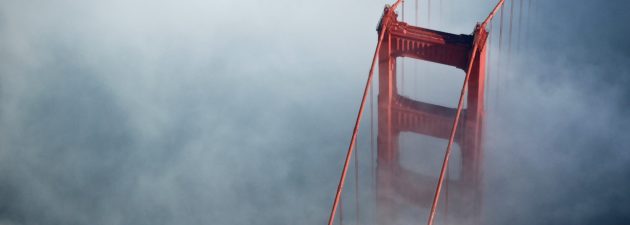Infrastructure companies face several significant external risks at present, including mounting inflation, higher interest rates, elevated energy prices, labour shortages, government intervention to control energy prices, natural gas and energy shortages, shortages of critical renewables components, Russian sanctions and supply chain failures. Not to mention COVID.
Most of the companies in our quoted infrastructure portfolio are protected from inflation either through their tariff / revenue structures or through their ability to rapidly pass on cost increases. For some of the companies we hold, the effect will be positive: increased revenues and / or enhanced margins.
Higher interest rates decrease the valuations of companies with long duration cash flows as discount rates increase. They may also impact the financing of large capital expenditure plans, but these may be recoverable in the context of rate-setting based on regulated assets. Our portfolio companies are conservatively leveraged and many hedge interest rate risk on their debt.
Elevated energy prices can impact rails, toll roads and airports. Rails can pass on increased fuel costs to their customers. Toll-roads may experience a slight decrease in light vehicle traffic. Some airports are suffering from higher energy costs because they have not been hedged. However, tariffs for both toll roads and airports will eventually be adjusted upward for inflation. Labour shortages continue to affect US railroads and airports around the world.
Many of our energy companies are benefitting from higher energy prices, especially those with renewable generation which has not been sold forward.
European governments are currently formalising legislation to protect consumers from higher gas and electricity prices, which may include price caps and windfall profits taxes. This will have a greater effect on unhedged generators; however, we believe it is unlikely to have a seriously negative effect on the sector because legislators must continue to provide incentives for investment in non-carbon generation.
Some European utilities such as Uniper are suffering massive daily losses from the gas shortage and are receiving government assistance. Our fund has no exposure to these companies.
Energy shortages may have a negative effect on the European economy, especially if energy is rationed, which could lead to a European recession. Germany may be the most affected. We have divested most of our cyclically exposed European stocks.
Renewable and nuclear electricity generation are the obvious long-term solutions to making the transition away from fossil fuels. Whilst subsidies and tax credits provide a tailwind, permitting and authorisations by governments remain painfully slow. Far more government funding is required to meet the 2030 emissions objectives. Shortages and bottlenecks of critical components for the build-out of solar and wind generation are a headwind, and there are risks inherent in the unhealthy reliance on China as the key supplier.
Russian sanctions and supply chain failures – Replacing Russian gas with LNG shipped from America and elsewhere is fraught with difficulties including a shortage of capacity at points of origination, a shortage of LNG carriers and finally a dearth of regasification facilities at destination, especially in Germany. Floating terminals are a temporary fix, and very significant capital is required to build out land-based terminals. These challenges will be met and several of the companies in our portfolio will generate impressive returns in doing so.
We think the COVID bounce is behind us, with airports being the last to recover. COVID will return this winter, however we are cautiously optimistic that going forward, movement restrictions can be avoided, and transportation stocks will not suffer as they did in 2020-2021.
Events such as epidemics and war provide opportunities for investors in quoted infrastructure.
The fund significantly outperformed the broad market during the COVID outbreak and has been outperforming during the current energy and inflation crises. These events provide us with interesting opportunities to outperform. We are confident that the current wall of worry is more an opportunity than a threat for the fund.

